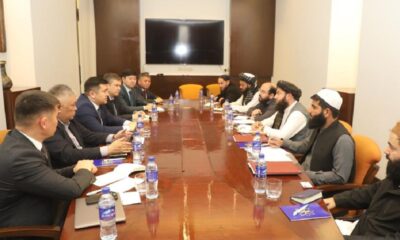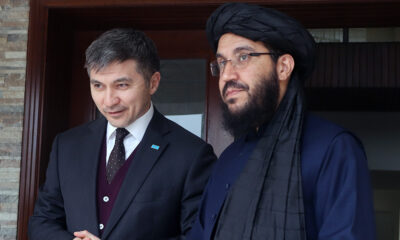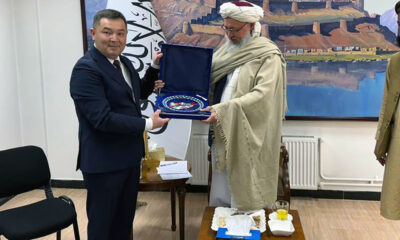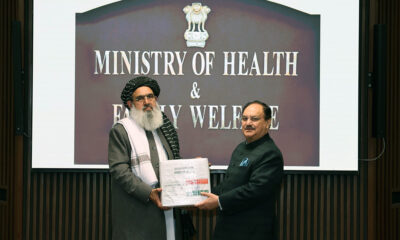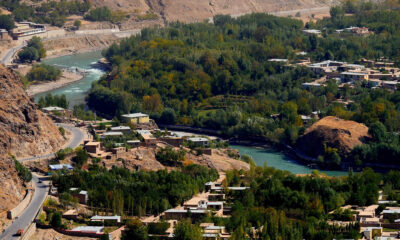Latest News
IEA takes massive anti-drug step, bans poppy cultivation
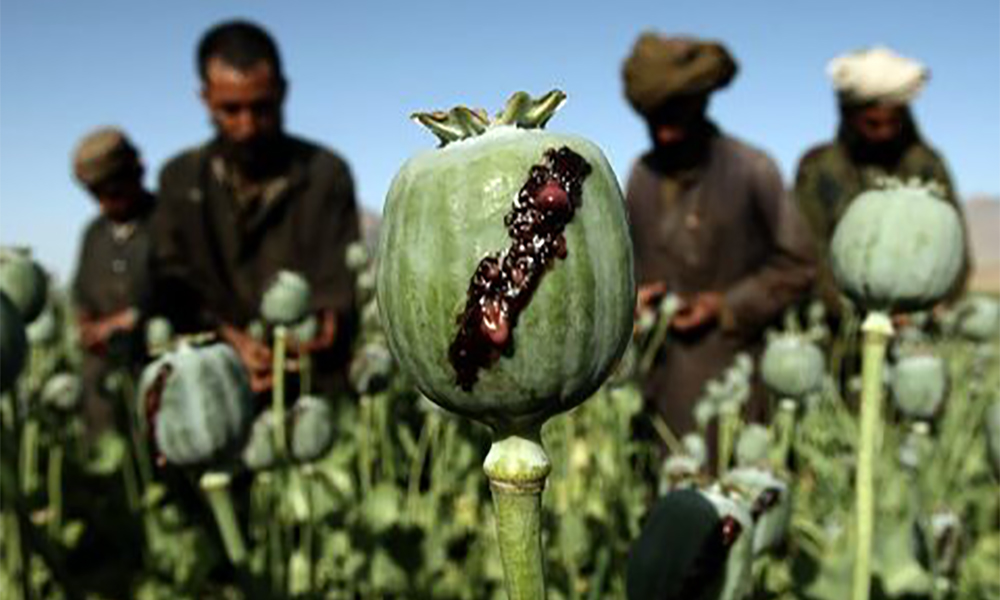
In a major crackdown on illegal practices in the country, the Islamic Emirate of Afghanistan’s (IEA) supreme leader on Sunday issued a decree banning the cultivation of poppies.
According to the decree, “all Afghans are informed that from now on, cultivation of poppy has been strictly prohibited across the country.
“If anyone violates the decree, the crop will be destroyed immediately and the violator will be treated according to the Sharia law,” read the decree.
The decree stated that in addition to this, usage, transportation, trade, export and import of all types of narcotics such as alcohol, heroin, Tablet K (which can contain methamphetamine and/or heroin), hashish and all drug manufacturing factories in Afghanistan are strictly banned.
The decree noted that “enforcement of this decree is mandatory” . In addition, anyone breaking this law with be “prosecuted and punished”.
Afghanistan has long been known as the biggest opium producer in the world and according to a UN study last year, the country accounted for at least 85 percent of global opium production in 2020 and supplied some 80% of all opiate users in the world.
United Nations Office on Drugs and Crime (UNODC) said in a November report that the 2021 opium harvest, completed in July, marked the fifth year in a row with production at historic highs of more than 6,000 tons, potentially yielding up to 320 tons of pure heroin to be trafficked to markets around the world.
UNODC estimated in its report that income from opiates in Afghanistan amounted to some $1.8-$2.7 billion in 2021 but noted that much larger sums are accrued along illicit drug supply chains outside Afghanistan.
The report also noted that at the end of the annual opium cultivation season in July 2021, the area under opium poppy cultivation in Afghanistan was estimated at 177,000 hectares.
Opium poppy cultivation has been increasing steadily over the past two decades, with an average rise of 4,000 hectares each year since systematic monitoring began in 1994 – albeit with strong yearly fluctuations.
Estimated opium production in 2021 was 6,800 tons or 8 percent more
than in 2020, meaning production has exceeded 6,000 tons for an unprecedented fifth consecutive year.
This amount of opium could be converted into some 270-320 tons of pure heroin, UNODC stated.
Latest News
Afghanistan and Kyrgyzstan boost trade and digital finance ties
Minister Sydykov, in turn, pledged the continuation of Kyrgyzstan’s humanitarian assistance to Afghanistan and highlighted his country’s interest in working together on e-governance initiatives.
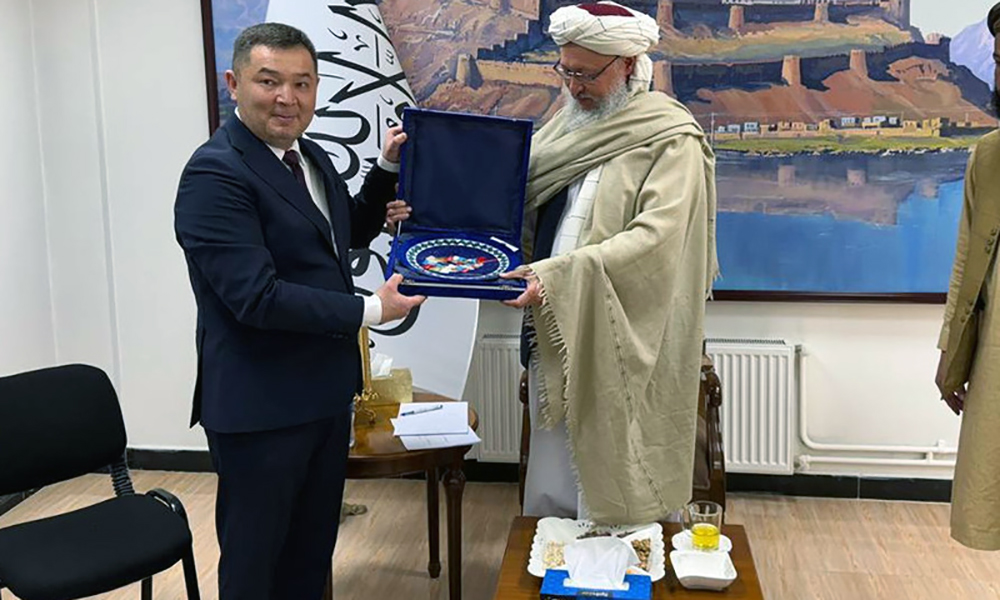
Afghanistan’s Deputy Prime Minister for Administrative Affairs, Abdul Salam Hanafi, has met with a high-level Kyrgyz delegation led by Minister of Economy and Commerce Bakhyt Sydykov to discuss expanding bilateral trade and strengthening cooperation in digital financial services.
During the meeting, Hanafi reaffirmed Afghanistan’s readiness to deepen ties with Kyrgyzstan, stressing the importance of developing electronic administration systems and modern banking channels to facilitate trade and financial transactions between the two countries.
Minister Sydykov, in turn, pledged the continuation of Kyrgyzstan’s humanitarian assistance to Afghanistan and highlighted his country’s interest in working together on e-governance initiatives. He also pointed to potential cooperation in areas such as the printing of securities and the development of electronic payment systems.
Latest News
India reaffirms healthcare support to Afghanistan, hands over medicines and vaccines
Indian officials said the support underscores New Delhi’s commitment to helping improve healthcare services and access to life-saving treatment in Afghanistan.

India has reaffirmed its commitment to continued humanitarian assistance and healthcare cooperation with Afghanistan, with a focus on the long-term supply of essential medicines.
According to the Ministry of Health and Family Welfare of the Government of India, Union Health Minister J.P. Nadda held a productive meeting with Afghanistan’s Minister of Public Health, Noor Jalal Jalali. The discussions focused on strengthening cooperation in the health sector and addressing the medical needs of the Afghan people.
During the meeting, a symbolic handover of cancer medicines and vaccines was carried out, reflecting India’s ongoing support for Afghanistan’s healthcare system. The ministry also announced that a larger consignment of medicines, vaccines, and a 128-slice CT scanner is being dispatched to Afghanistan as part of India’s humanitarian assistance efforts.
Indian officials said the support underscores New Delhi’s commitment to helping improve healthcare services and access to life-saving treatment in Afghanistan.
Latest News
Afghan forces target hideout of suspects linked to cross-border attacks on Chinese nationals
Afghan forces target hideout of suspects linked to cross-border attacks on Chinese nationals
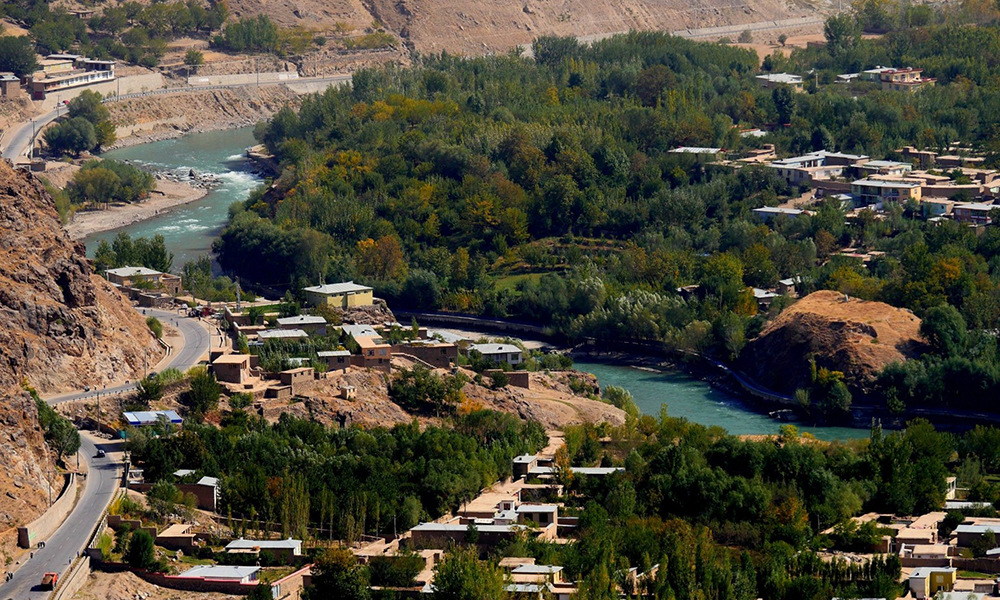
Security sources said that special forces of the Islamic Emirate of Afghanistan (IEA) have targeted a hideout in Badakhshan province linked to suspects involved in attacks against Chinese nationals in neighboring Tajikistan.
According to the sources, the operation was carried out on Tuesday night in Faizabad city, where several individuals suspected of orchestrating cross-border attacks from Badakhshan’s frontier regions were believed to be present. As a result of the operation, one wanted suspect was arrested alive along with weapons and other military equipment.
The sources added that preliminary investigations and initial confessions by the detainee indicate the planning of the attacks was carried out from outside Afghanistan.
This comes as Tajikistan’s Ministry of Foreign Affairs announced on November 27 that three Chinese citizens were killed in an attack in Khatlon province.
-

 Latest News4 days ago
Latest News4 days agoUS delivers second batch of Afghan Black Hawk helicopters to Peru
-

 Latest News3 days ago
Latest News3 days agoGermany speeds up admission of Afghans from Pakistan
-

 Sport3 days ago
Sport3 days agoIPL 2026 Auction set for Abu Dhabi with $28.6 million purse at stake
-
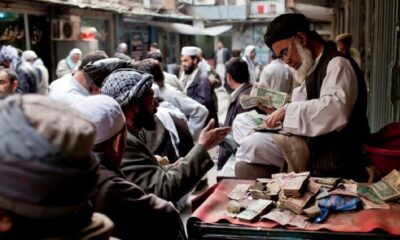
 Business4 days ago
Business4 days agoAfghan economy posts second year of growth despite deep structural challenges
-

 Latest News3 days ago
Latest News3 days agoAfghanistan to establish independent oil and gas authority
-

 Latest News3 days ago
Latest News3 days agoUS intelligence chief warns of ‘direct threat’ from suspected terrorists inside the country
-

 Sport4 days ago
Sport4 days agoATN to broadcast ‘The Best FIFA Football Awards 2025’
-

 International Sports4 days ago
International Sports4 days agoILT20: Jahangir powers Dubai Capitals to nine-run win over Abu Dhabi Knight Riders


